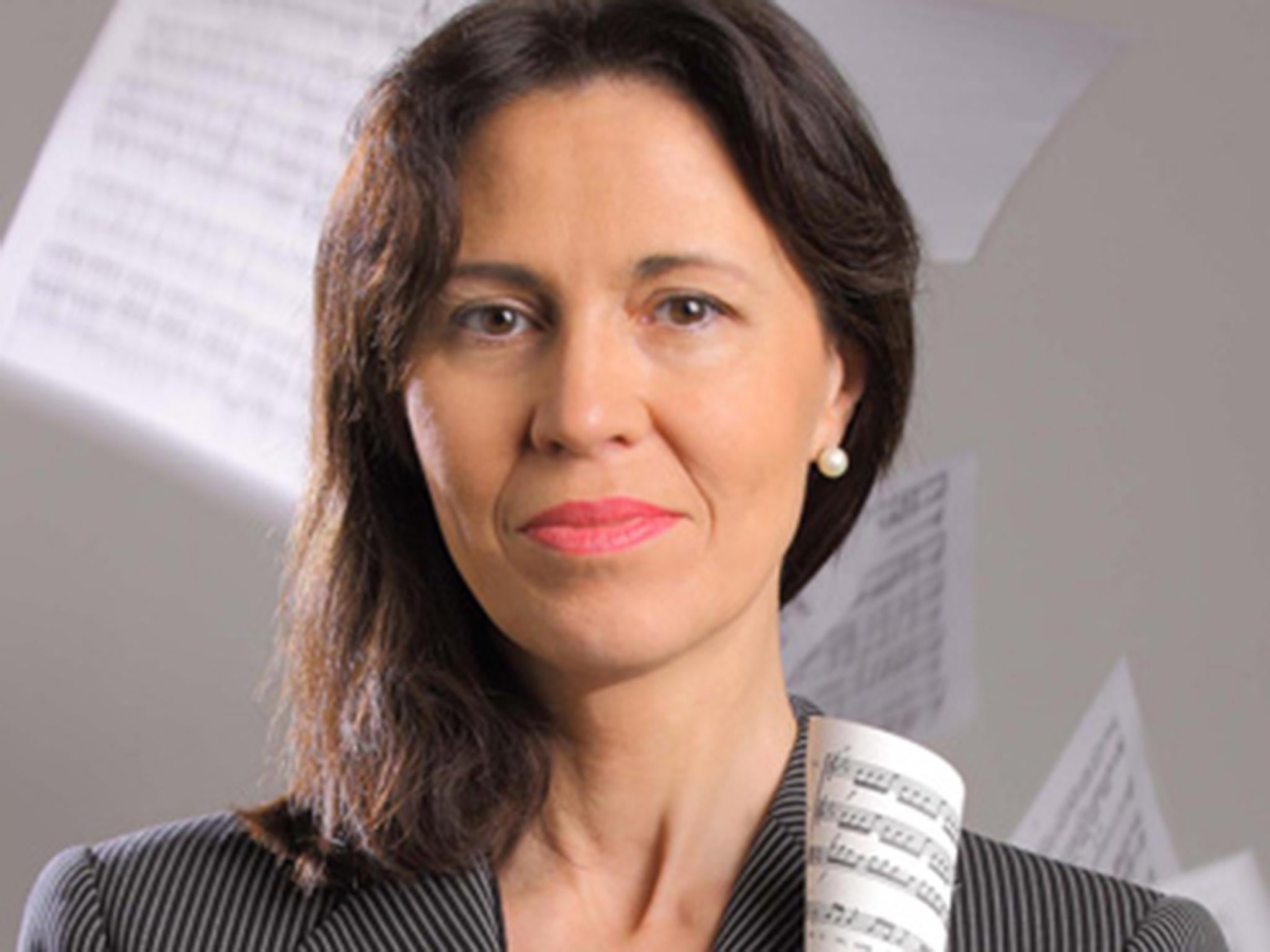Sara Mingardo and friends, Wigmore Hall, London, review: A shining hour of Monteverdi
Solos and duets from Monteverdi's seventh book of madrigals are delivered with bags of power

Your support helps us to tell the story
From reproductive rights to climate change to Big Tech, The Independent is on the ground when the story is developing. Whether it's investigating the financials of Elon Musk's pro-Trump PAC or producing our latest documentary, 'The A Word', which shines a light on the American women fighting for reproductive rights, we know how important it is to parse out the facts from the messaging.
At such a critical moment in US history, we need reporters on the ground. Your donation allows us to keep sending journalists to speak to both sides of the story.
The Independent is trusted by Americans across the entire political spectrum. And unlike many other quality news outlets, we choose not to lock Americans out of our reporting and analysis with paywalls. We believe quality journalism should be available to everyone, paid for by those who can afford it.
Your support makes all the difference.Who better to render the Venetian music of Monteverdi than a Venetian singer? The contralto Sara Mingardo is Venetian born and bred, and for this lunchtime concert she brought along her star pupil Francesca Biliotti, who is also a contralto, as well as the theorbo player Giovanni Bellini and the harpsichordist Giorgio Dal Monte.
The menu consisted of songs – some solo, some duets – from the seventh book of madrigals, interlaced with instrumental works by the 17th century masters Kapsberger and Frescobaldi.
The fact that the duets were written with tenors in mind, rather than female singers, was clearly no problem when the pair launched into “Ohime, dov’e il mio ben?” (“Alas, where is my love?”). The two contraltos were nicely matched as they delivered the overlapping and/or interwoven melodic lines; both had bags of power and a big palette of vocal colour.
And each madrigal was a compressed drama. These could be sly and comic, as in “Vorrei baciarti” (“I want to kiss you”), where the poet can’t decide whether it should be on the eyes or – more productively – on the lips. Or they could be punctuated by mock-tragedy, as in “Zefiro torna” (“Return, gentle breeze”). Or they could be a glorious riot of virtuosity, as in a symbolic rumination on the bird which lives to sing, and the poet who dies singing.
This shining hour can be heard for the next four weeks on the BBC iPlayer.
Join our commenting forum
Join thought-provoking conversations, follow other Independent readers and see their replies
Comments